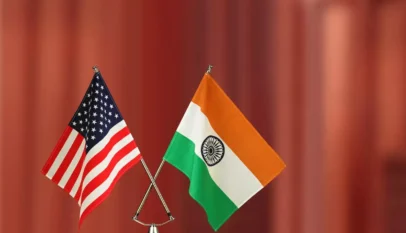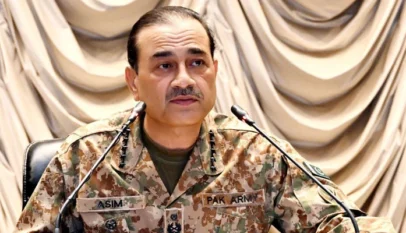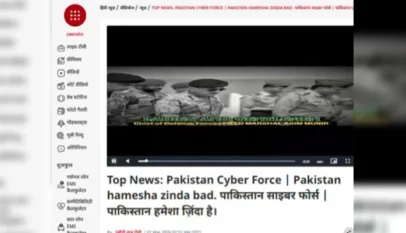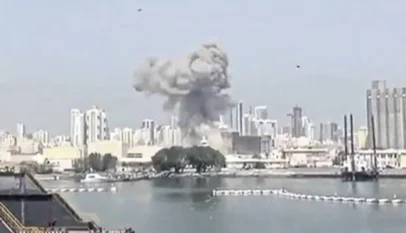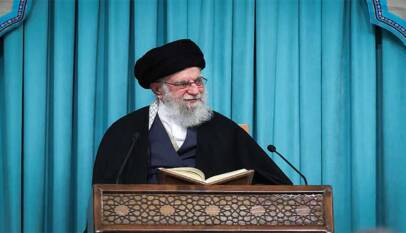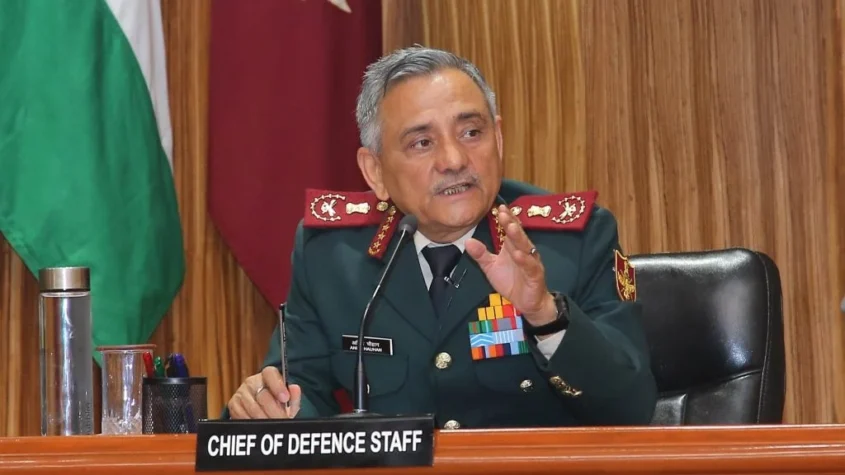
SINGAPORE (RNN TV) – India’s Chief of Defence Staff, General Anil Chauhan, has publicly acknowledged that the Indian Air Force suffered aircraft losses during its recent aerial conflict with Pakistan, marking a rare admission amid ongoing tensions between the two nuclear-armed neighbours.
In an interview with Bloomberg’s Haslinda Amin at the Shangri-La Dialogue security summit in Singapore, General Chauhan confirmed that India lost jets during the exchange. However, he dismissed Pakistan’s claim of downing six Indian fighter aircraft, calling it “absolutely incorrect.”
“What’s important is not that the jets went down, but understanding why they were downed,” Chauhan said, underscoring the significance of analyzing tactical errors over debating figures. “Numbers are not important,” he added, while noting that India quickly adapted its strategy.
He explained that after identifying a tactical misstep that led to the losses, the Indian Air Force made the necessary corrections and resumed air operations within two days, this time executing long-range strikes more effectively.
In a separate interview with Reuters, Chauhan reiterated that India suffered early losses in the air during the conflict, though he declined to specify details. He again emphasized the importance of assessing operational shortcomings and learning from them.
The aerial conflict unfolded in the aftermath of a devastating terrorist attack in Indian-administered Kashmir on April 22, which left 26 civilians dead. India blamed Pakistan-based militant groups for the attack and launched retaliatory airstrikes on May 7, targeting what it described as militant launchpads across the border.
Pakistan responded with a series of retaliatory strikes and claimed to have downed multiple Indian jets, including advanced Rafale fighters. According to Pakistani military sources, their Chinese-built J-10C aircraft, equipped with long-range PL-15 missiles, played a key role in achieving air dominance during the exchange.
The brief but intense hostilities came to a halt with a ceasefire agreement brokered on May 10 through diplomatic efforts led by the United States, Saudi Arabia, and the United Kingdom.
Despite both nations declaring tactical success and stepping back from direct confrontation, the situation along the Line of Control remains tense, with sporadic exchanges of fire continuing. The conflict has reignited concerns about stability in the region and highlighted the ongoing volatility of India-Pakistan relations.
US Ties India Trade Deal to Restrictions on Russian Oil Imports
India Reacts Cautiously to Saudi-Pakistan Defence Pact
India Warns Pakistan of Sutlej Flood Risk
Punjab on High Alert as Floods Threaten; 150,000 Evacuated
Washington Praises Pakistan–India Ceasefire
Indian News channel hacked, pro-Pakistan content broadcast briefly
(Web Desk) — Indian television channel ABP News was temporarily disrupted after hack…
Politics
Most Popular
CSS Exam 2026: Age Limit Relaxed, Essay Paper Gets New Focus
The Senate Standing Committee on Delegated Legislation has asked the Federal Public Service Commission …

